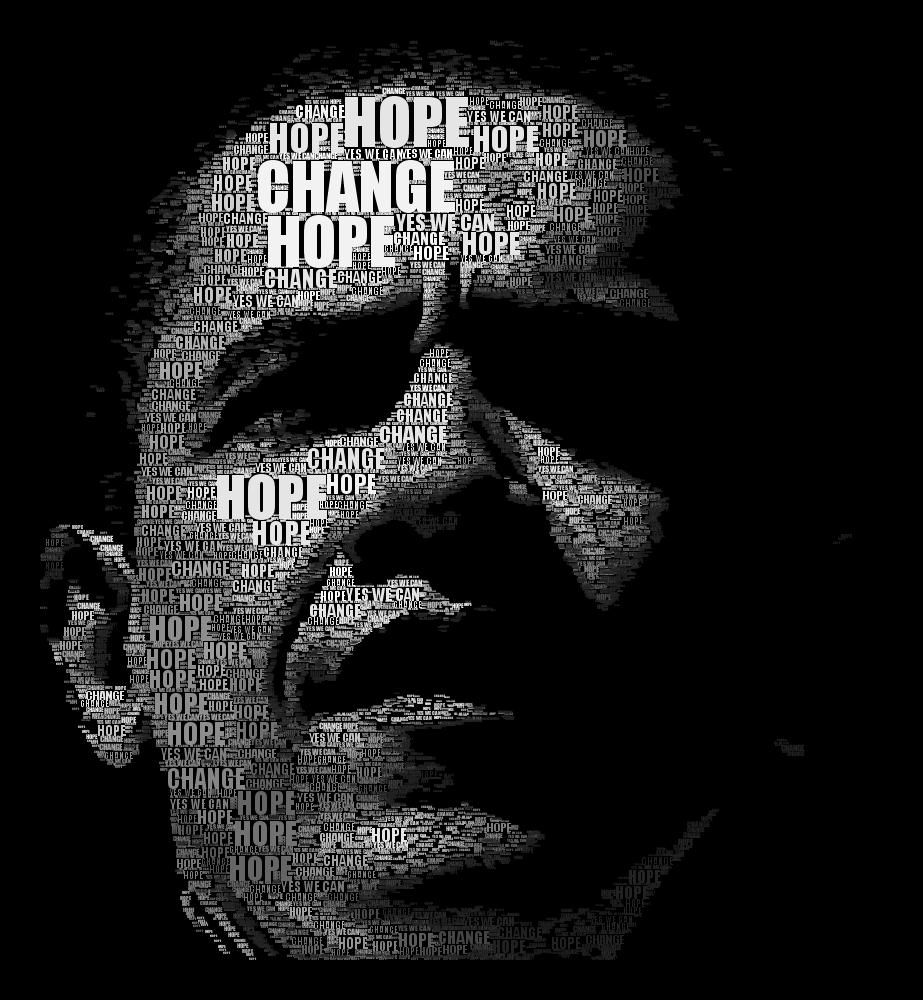
For the former president of Spain, José Maria Aznar, health reform, rising unemployment and the war in Afghanistan have undeniably served as a blow to the leadership of the United States’ head of state.
Barack Obama’s triumph in the U.S. presidential elections raised expectations and fostered a state of euphoria among those who accused the George W. Bush administration for all of the world’s ills.
Many believed that they saw in the young president the world leader capable of changing the course of history. A year after having taken up his duties, Obamamania is beginning to fade away as quickly as it had appeared.
The world is not better off than it was a year ago. Far from having disappeared, threats have grown more consistent. The economic crisis persists and unemployment is growing. Islamic terrorism against the United States has regained its strength. The state of the war in Afghanistan, which Mr. Obama has referred to as “the good war,” is no better than it was a year ago.
The Democrats’ electoral defeats in Virginia and New Jersey were Obama’s first warning, subsequently driven home by the historic defeat in his stronghold of Massachusetts.
Citizens of this state, traditionally Democratic, elected the Republican Senate candidate, Scott Brown, who conducted a campaign very clearly against President Obama’s biggest project: health care reform.
Parliamentary elections scheduled for late 2010 will test whether the results in Virginia, New Jersey and Massachusetts are isolated incidents or the beginning of a broader trend. The key may be that for the 2006 and 2008 elections, while many Americans had changed their Republican vote for a Democratic one, they did so without abandoning the principles that they now feel are being threatened.
The policies that Obama promised, which relate to very personal issues, notably health care reform, have begun putting the American people ill at ease. Individual liberty is perhaps the value most appreciated by his citizens, and there is a growing number of Americans who believe it is being endangered. A rising number of people perceive economic and social interventionism and rising taxes, the enormous deficit, the growing public debt, and the trend towards collectivism as an affront to their liberty. And the economic situation hasn’t improved: The unemployment rate remains very high, credit is still hard to come by, and the deficit has tripled, the cost of which is to be paid by all.
On the positive side, Obama has demonstrated a responsiveness that can build up hope, notably in the field of foreign affairs. His Nobel Peace Prize acceptance speech, which made the case for the necessity and legitimacy of the use of military force in the defense of freedom, proved his ability to be the commander-in-chief of a country conducting two wars simultaneously.
But the earthquake in Haiti may be a better example of Mr. Obama’s responsiveness: The United States took charge with haste and determination in order to provide relief following the disaster and re-establish a minimum of order, permitting international aid to get through to the Haitian people.
Despite the sympathy that President Obama continues to express abroad, the foreign agenda of the United States has not seen significant change from that of the previous administration. The reality is stubborn.
It would be good to avoid sending mixed signals to states that constitute an obvious threat to collective security, like the case of Iran, because they may seriously endanger the survival of democratic states, like Israel. The United States has been the target of terrorists once again.
The promise of closing the prison at Guantanamo Bay has run into delays, and the difficulties and inconveniences of this decision are beginning to emerge. Despite the conciliatory gestures made by the administration to the dictatorship in Havana, the level of repression in Cuba remains intolerable. In addition to Hugo Chavez, populism continues to cause damage in several South American countries. But freedom does not give up. The examples of recent elections in Chile and Honduras demonstrate a democratic will that should always be supported. In this way, we should not forget the ability of free trade to promote economic progress and guarantee freedom.
Here in Europe we should know that we are no longer a priority for the administration of the United States. In order to avoid becoming insignificant, we should stand with our allies in managing global challenges. Obama needs to make up for lost time. He has the responsibility to lead a great nation in a period of economic crisis and global threats to freedom.

Leave a Reply
You must be logged in to post a comment.